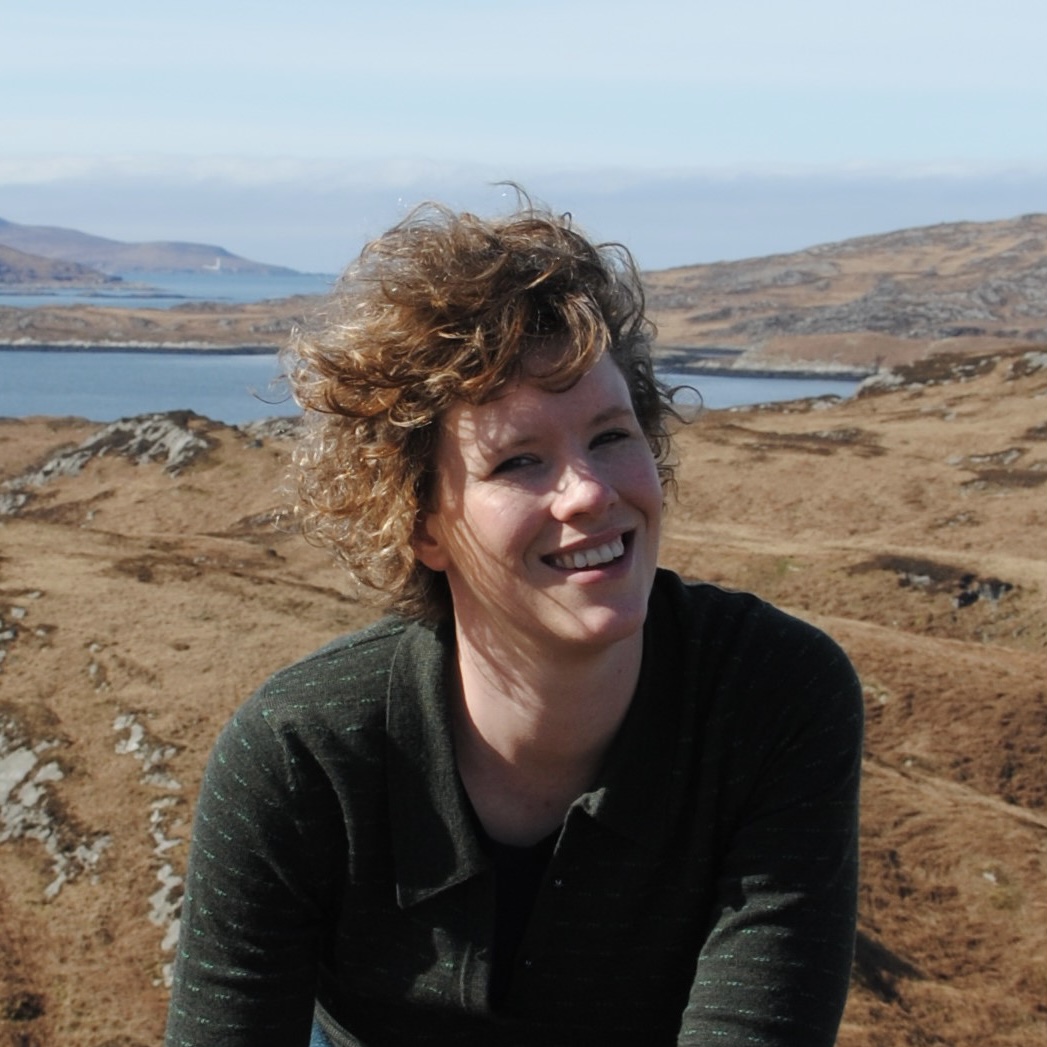National survey finds more than 8 in 10 young people concerned about climate change
To help enable and empower 11- to 18-year-olds to take climate action, InterClimate Network (ICN) set out to ask for the views, behaviours, and motivations of this age group towards the climate crisis. The resulting Climate Action Survey received almost 4,000 responses from young people between 2020 and 2021. Launched during COP26, the report highlights key concerns and insights from young people at critical point globally for protecting the ambition to limit dangerous warming.

About the Climate Action Survey
In 2020, ICN developed an innovative Climate Action Survey toolkit for use in secondary schools in the UK.
This toolkit, made up of a set of resources and bespoke analysis, aims to provide a deeper understanding of young people’s beliefs and motivations regarding the climate crisis, which eco-groups and teachers can use to inform their school’s climate initiatives. At its core is an established behaviour-change premise that in order to bring about long-lasting change, it is important to understand:
- Who you are talking with;
- Why some people haven’t already made changes;
- What barriers are preventing them from adopting any new behaviour, and;
- What are relevant motivations for more action
The rollout of the survey involved empowering a core team of students in each school to lead the initiative with the use of step-by-step resources. Data was analysed at the school level, and then brought together for analysis on a regional and national level for this report.
These approaches are rooted in empowerment and student agency: simply by completing the survey, students realise that their views matter. By running the survey in school, those already active become leaders, helping those not active to become involved. There are intended longer-term benefits in providing young people with the skills and reinforcement they need to continue to have a say and lead positive action into the future.
“Young people are the ones who I think will be affected the most, meaning they should have the power that allows them to change the situation.”
Student survey response
Key findings

Read more findings from the Youth Climate Action Research Report 2021 here:
Partners for this report
From the beginning, we partnered with the course leader and sociology students at the University of Gloucestershire through their Applied Sociology module which supported students to make use of their research skills on a project with real-world impacts. Their resulting literature reviews informed the five themes on which the survey was built (see Section A) and ICN also worked interactively with the students to design the survey questions. The Gloucestershire students’ subsequent analysis of data and wider research has supported our ongoing analysis and their in-depth contributions can be found within the ‘spotlighting views’ boxes throughout this report.
School students from nine schools from different areas across the UK responded to our call during
lockdown and gave their time to help shape the development and final design of the survey. ICN has
gone on to provide opportunities for student feedback at each stage of development of the Climate Action Survey toolkit.
These are complex issues, and the Climate Action Survey has produced detailed results. We are indebted to the research firms GlobeScan and Humankind Research for the expertise and contextual input they provided so generously.

